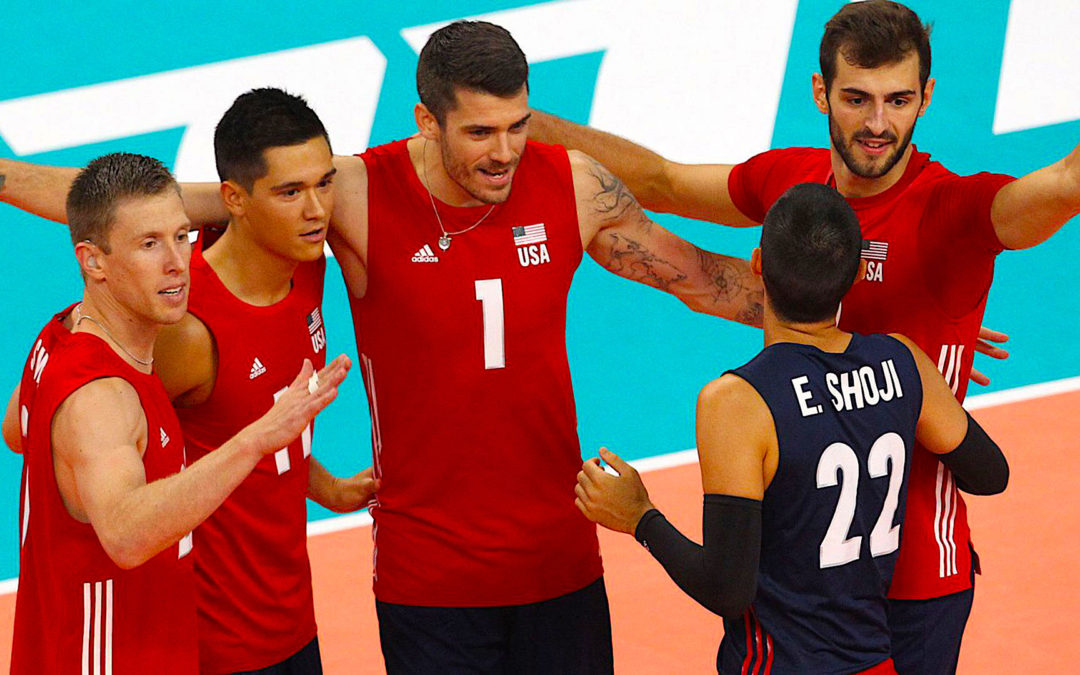Home-court advantage is a well-known phenomenon in many sports. Teams playing on their home ground often perform better due to the familiar environment, support from local fans, and reduce travel fatigue. This advantage is evident in sports like basketball, soccer, football, and rugby.
In volleyball, the concept of home-court advantage is equally intriguing. While the sport has unique dynamics compared to other major sports, many of the same principles apply. The question is, does home-court advantage work in volleyball as effectively as it does in sports like basketball or soccer? Let’s check it out here.
What’s Home-Court Advantage?
Home-court advantage refers to the perceived edge sports teams have when playing games at their venue. This advantage stems from several factors, including the psychological comfort of playing in a familiar setting, the support of local fans, and the reduction of travel-related fatigue.
Many studies have backed this phenomenon. For instance, one research claimed that in men’s college basketball, home-court advantage is linked to enhanced game efficiency due to the supportive home crowd. It suggests that it is not just the familiarity with the home court but the atmosphere created by the fans that helps home teams play up to their potential.
Another study provides valuable insights into the persistence of home-court advantage even in the absence of fans. The research, based on basketball games played in a controlled environment without spectators, found that home-court advantage still existed, albeit reduced. The study suggested that factors such as familiarity with the court and lack of travel fatigue continued to benefit the home team.
Beyond game outcomes, home-court advantage impacts betting markets as well. This is particularly evident in real-time markets like FanDuel Live Bets, where real-time odds adjustments are made based on the game’s dynamics, including the impact of the home-court advantage.
Moreover, bettors and oddsmakers often factor in the game’s location when setting lines and making wagers. The perceived edge of playing at home can also influence point spreads, moneylines, and over/under totals, reflecting the expectations of how much of an influence the venue might have.
Is It Applicable in Volleyball?
A home-court advantage can be applied in volleyball. As stated, it operates under many of the same principles observed in other sports. However, it has unique nuances specific to the game’s nature.
Here’s how home-court advantage is applied to volleyball:
Psychological Boost
Playing on familiar ground can provide a significant psychological advantage to volleyball players. The support from local fans can elevate the morale and confidence of the home team. Cheering and encouragement from the crowd can boost players’ energy levels, making them feel more motivated and focused during the match. This psychological boost can be particularly important in high-pressure situations, helping the home team maintain composure and perform better.
Crowd Influence
In volleyball, the crowd’s proximity to the court can profoundly impact the game. The noise and enthusiasm of the home fans can create a highly charged atmosphere that is both supportive for the home team and intimidating for the visiting team. This environment can increase pressure on the visiting players, potentially causing them to make mistakes or perform below their usual standards. Conversely, the home team can draw energy and confidence from the vocal support of their fans.
Familiarity with the Venue
Playing at home means the team is well-acquainted with the specific conditions of their own court. Factors such as lighting, floor surface, spatial dimensions, and even the feel of the volleyballs can be more familiar to the home team. This familiarity can translate into more precise movements and better overall performance, as players are not adjusting to new or unexpected conditions.
Reduced Travel Fatigue
One of the practical advantages of playing at home is the reduction of travel-related fatigue. Volleyball teams often travel long distances for matches, which can be physically and mentally exhausting. Home teams avoid this stress, allowing players to maintain their usual routines, get adequate rest, and prepare more effectively for the game. This logistical benefit can improve physical performance and sharper mental focus during matches.
When Is Home-Court Advantage Not Effective in Volleyball?
One of the primary reasons home-court advantage may not work is the level of the visiting team’s skill and experience. Highly skilled teams, especially those with extensive experience playing in various environments, can often overcome the challenges of playing away. These teams are adept at maintaining their performance regardless of the venue, reducing the impact of home-court advantage.
Moreover, playing at home can sometimes create additional pressure for the home team, especially during crucial matches or tournaments. The expectation to perform well in front of a supportive but demanding crowd can lead to increased stress and anxiety among players. This heightened pressure can negatively impact performance, causing mistakes and reducing overall effectiveness.
Another scenario where home-court advantage might not be effective is when the home team lacks substantial fan support. This can happen in several ways, such as during a pandemic, when games are played in less accessible locations, or when a team has a small fan base. In these cases, the absence of a vibrant and supportive crowd means that the psychological boost typically provided by the fans is missing.
Final Thoughts
Home-court advantage in volleyball, much like in other sports, can significantly influence game outcomes. For fans and bettors, considering it in their calculations can provide more accurate predictions and enhance betting strategies. However, note that it doesn’t guarantee wins. For more in-depth advice, seek help from more experienced individuals or professionals.





